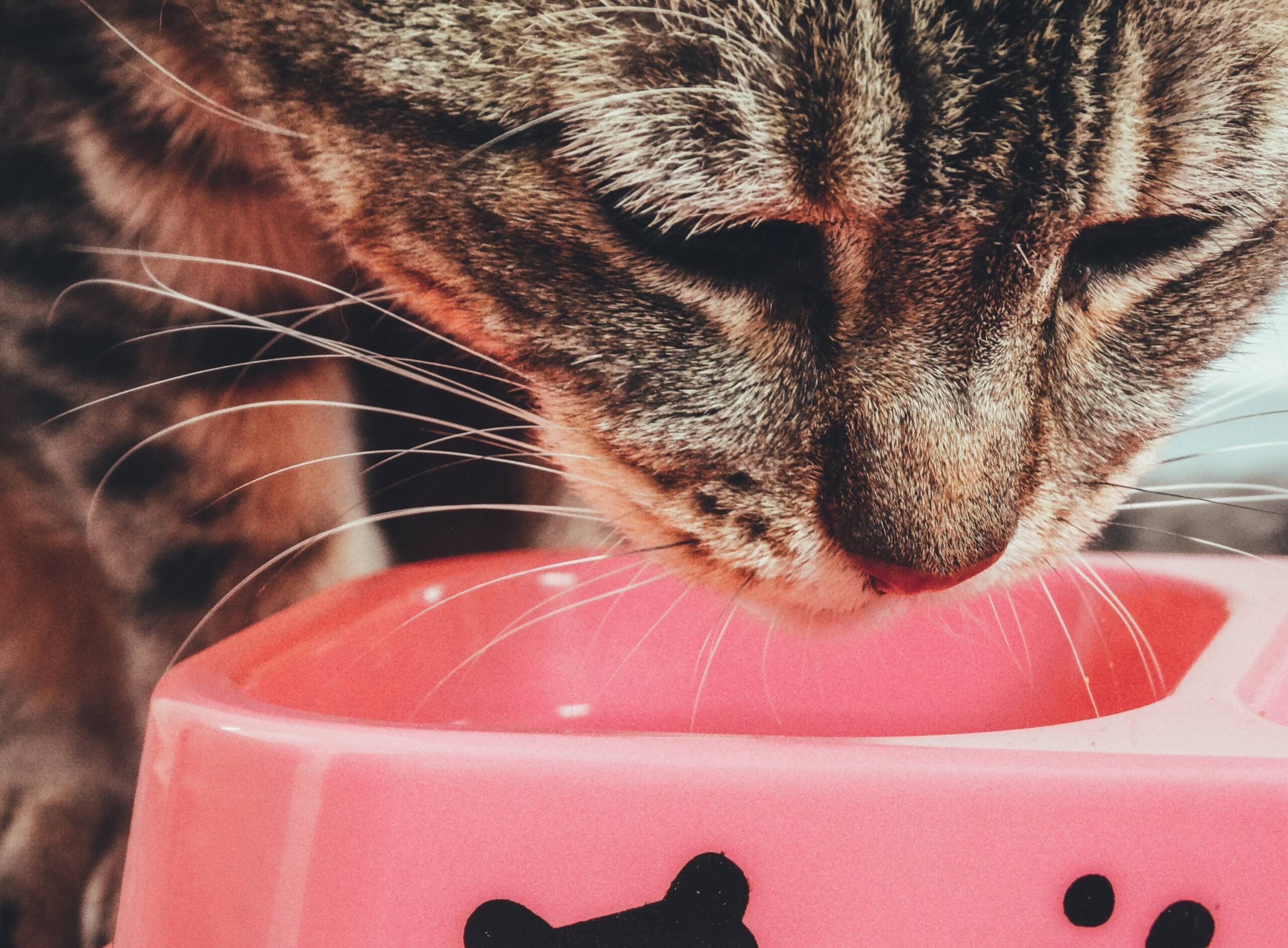Pet nutrition is the cornerstone of your beloved companion’s vitality and longevity. Just as a balanced diet is essential for human health, the same holds true for our furry friends. In this comprehensive guide, we delve into the critical importance of pet nutrition, discussing the elements of healthy diets for dogs, cats, and various other pets.
The Foundation of Pet Well-Being: Nutrition Matters
Proper nutrition is the foundation for a healthy, happy pet. Pet owners play a pivotal role in shaping their furry friend’s well-being through mindful food choices. A well-balanced diet supports a range of functions, including:
- Overall Health: Essential nutrients contribute to the overall health of pets, promoting strong immune systems, proper organ function, and healthy weight management.
- Energy Levels: The right balance of proteins, fats, and carbohydrates ensures your pet maintains optimal energy levels for daily activities and play.
- Coat and Skin Health: Nutrient-rich diets contribute to lustrous coats, healthy skin, and a reduced risk of skin conditions.
- Digestive Health: Proper nutrition aids in maintaining a healthy digestive system, reducing the risk of gastrointestinal issues.
Understanding the Unique Needs of Dogs, Cats, and Other Pets
Dogs: Man’s Best Friend Deserves the Best Diet
Dogs are diverse in size, breed, and activity levels. Tailoring their diet to these factors is crucial. Key considerations for a dog’s diet include:
- Protein-Rich Diet: Dogs are carnivores by nature, requiring a diet rich in quality proteins for muscle development and maintenance.
- Balanced Carbohydrates: Include complex carbohydrates for sustained energy without causing weight gain.
- Essential Fats: Omega-3 and Omega-6 fatty acids support coat health and cognitive function.
Cats: Finicky Eaters with Unique Needs
Cats are obligate carnivores, meaning their diet should primarily consist of meat. Consider the following for feline nutrition:
- High-Quality Proteins: Cats require a diet rich in animal proteins to thrive.
- Hydration: Cats may have low thirst drives, so wet food or a readily available water source is essential.
- Taurine Content: An amino acid crucial for cats’ heart and eye health.
Other Pets: Tailoring Nutrition to Unique Species
Whether you have a rabbit, guinea pig, or reptile, understanding their specific nutritional needs is paramount. Research and consult with veterinarians to provide an appropriate and species-specific diet.
Making Informed Choices: Tips for Pet Owners
- Read Labels: Understand ingredient lists and nutritional information to ensure your pet’s food meets their specific needs.
- Consult Your Veterinarian: Regular check-ups and consultations with your vet can help tailor a diet plan based on your pet’s age, health status, and activity level.
- Avoid Overfeeding: Obesity is a common issue in pets. Pay attention to portion sizes and adjust based on your pet’s activity level.
Nourishing Lifelong Bonds
In conclusion, pet nutrition is not a one-size-fits-all concept. It requires a nuanced understanding of your pet’s unique needs, lifestyle, and health considerations. By prioritizing a balanced and tailored diet, you contribute to the overall well-being and happiness of your furry companion. Remember, a well-nourished pet is a vibrant, joyful pet, ready to share a lifetime of love and companionship.

